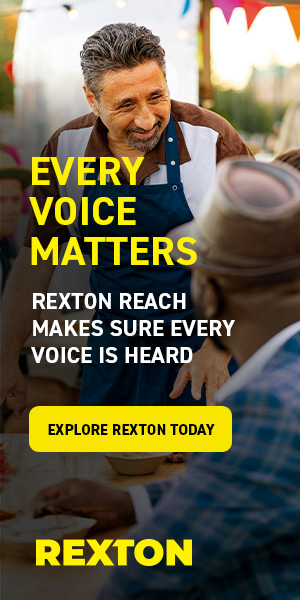Tinnitus: Effective Strides in Treatment
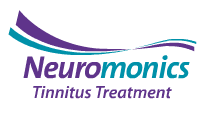
Carolyn Smaka: Eula, thank you for your time today. Can you tell me about your background, and how you came to Neuromonics?
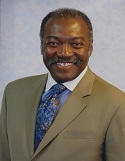
Eula Adams: It would be my pleasure. Throughout my career, I’ve worked closely with the healthcare industry. When Neuromonics approached me about my current position, I was very interested. Neuromonics has proven solutions that improve the quality of life for tinnitus sufferers, and I am very interested in working for a company that has a significant impact on improving quality of life.
As you know, one-fifth of the world’s population suffers from tinnitus. Fifty million Americans have tinnitus; two million are really serious sufferers of it. Tinnitus is also the No. 1 service-connected disability, with more than 34 percent of returning veterans from Iraq and Afghanistan suffering from it.
Working for Neuromonics enables me to satisfy my interests in improving the quality of life for people and in healthcare. We have a great team and solutions that are making a difference in people’s lives, and it has been a very exciting opportunity for me as CEO.
Carolyn: What has it been like moving to the hearing healthcare industry?
Eula: Learning about tinnitus has been very eye-opening for me. In addition to the prevalence of tinnitus that I mentioned, I’ve learned that there is still a lot of misinformation out there about tinnitus in general. Although it’s getting better, there is a lack of knowledge about the fact that there is effective treatment now available for tinnitus. As a result, many tinnitus sufferers go untreated, or receive treatment that does not have better outcomes than a placebo.
In the past, tinnitus sufferers were told that there was no cure for tinnitus and that they would need to learn to live with their tinnitus. Clinicians’ options for treatment were limited to some version of Tinnitus Retraining Therapy (TRT) and devices that were essentially white-noise maskers.
While it is true today that in most cases there is no cure for tinnitus, there are now effective treatments that can offer life-changing relief for tinnitus sufferers. This presents Neuromonics with a great opportunity. With an evidence-based tinnitus treatment and tinnitus management programs utilizing the Neuromonics Oasis™, Sanctuary™ and the newly released Haven™ devices, our task is to best educate professionals so that they can offer these devices, treatments and management programs in their practices.
It has been wonderful for me to speak with audiologists who have shared their experiences in using the Neuromonics Tinnitus Treatment (NTT) program, and have seen significant improvements in their patients’ conditions. Our clinical data informs us as to the efficacy of the NTT program, but there is nothing like hearing the experiences of the clinicians who work with our program every day, which validates our data and tells us we are on the right track.
Carolyn: Tell me more about the new Haven device.
Eula: The Haven serves as a step between Neuromonics’ Oasis and Sanctuary devices. It is programmed via NOAH by the audiologist based on the patient’s audiogram. With the ability to do in-office fittings, a patient can start to experience relief almost immediately. It is a great complement to our portfolio and is already receiving high accolades from our customers.
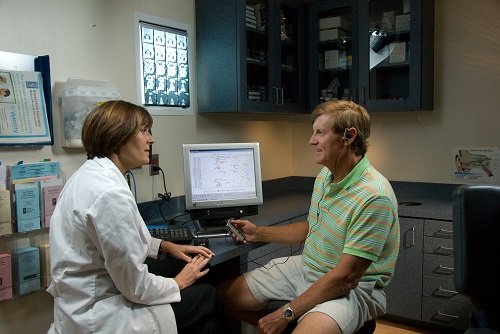
The Neuromonics' Haven is programmed via NOAH by the audiologist, so that a patient can start to experience relief almost immediately.
Carolyn: I notice that you always refer to the treatment program, of which the devices are one part.
Eula: That’s exactly right. In the case of the Neuromonics Oasis device, for instance, effective tinnitus treatment comes from a whole approach that encompasses information, counseling and sound therapy, and is tailored to the individual patient. The Neuromonics Tinnitus Treatment utilizes a two-phased protocol, working with music customized for each patient’s audiological profile. Careful evaluation, active monitoring through treatment, and education of the patient are all critical components of the full treatment program.
While a device can be effective as a standalone product, history and data have shown that when you combine the right device with a comprehensive program of follow-up and counseling work by an audiologist, results tend to be much better.
At Neuromonics, our goal is to provide audiologists with a foundation of knowledge as to what factors contribute to disturbing tinnitus, along with the knowledge and tools to address those in a counseling program. With this approach, the results are impressive.
Carolyn: In addition to the NTT program and devices, what resources does Neuromonics offer professionals who may want to offer tinnitus treatment in their practices?
Eula: Most importantly, we offer a program that is evidenced-based and backed up by sound clinical data.
In addition, we have a full portfolio of flexible products to match patients’ needs. They are easy to use and easy to fit. Neuromonics also offers the training and support so that professionals can feel confident in delivering the best possible outcomes for their patients.
We invest in R&D, and make regular updates to our offerings to ensure that our program and solutions remain cutting-edge, and are aligned with the needs of audiologists and their patients. You can be sure of our commitment to innovation, and as new research and technology emerges, you will continue to see improvements and upgrades from us.
Having worked in very large companies throughout my career, I know that it is often very difficult to get quality, product-specific support from customer service without having to go through a number of layers. With Neuromonics, that is not the case. Tinnitus is our specialty, and the audiologists on our staff are specialists in tinnitus. When you call for information or support, you are going to be speaking with an expert on the other end of the phone. That level of service and support are unmatched.
We’re also committed to providing the training and education for audiologists who want to offer tinnitus treatment. Professionals who are interested can contact us at 866-606-3876, to get in touch with one of our clinical specialists. We can help get the professional registered for the appropriate training courses that are relevant to their experience and interest – whether that’s one of our courses on AudiologyOnline, or another course to best meet their needs. For example, we know that some audiologists may already be offering tinnitus treatment and would like to learn about what Neuromonics offers. Some audiologists may be thinking about offering tinnitus treatment in their practice, and want more information about what it would entail. Another group of professionals may just want to get up to speed on tinnitus to better understand when to refer patients out for treatment. Whatever the situation, we can direct them to some educational opportunities to meet their interests and experience.
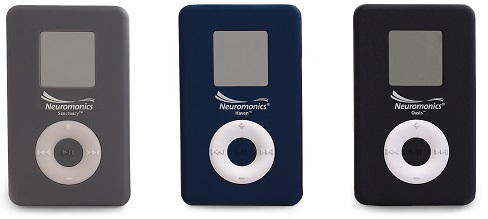
Neuromonics product family.
Carolyn: Will Neuromonics be attending industry meetings this spring?
Eula: Yes. We will be at the American Hearing Aid Association meeting in Texas in February. We will also be at AudiologyNOW! in Orlando, and at the Joint Defense Audiologist Conference in March. We look forward to meeting audiologists, whether they are currently working with Neuromonics or interested in learning more about what we offer.
Carolyn: Thanks Eula, I’ll look forward to meeting up with you and your team in person. I appreciate your time today.
Eula: I’m looking forward to the meetings as well. It’s been my pleasure.
Visit www.neuromonics.com or the on the Neuromonics Expo Page on AudiologyOnline for more information about Neuromonics.

